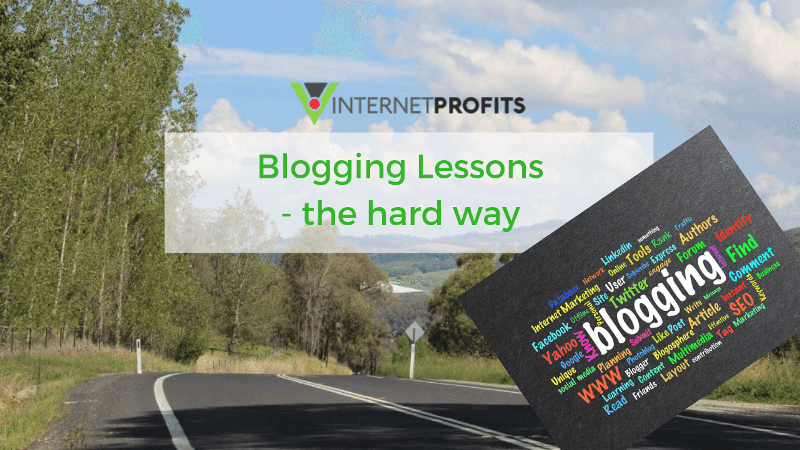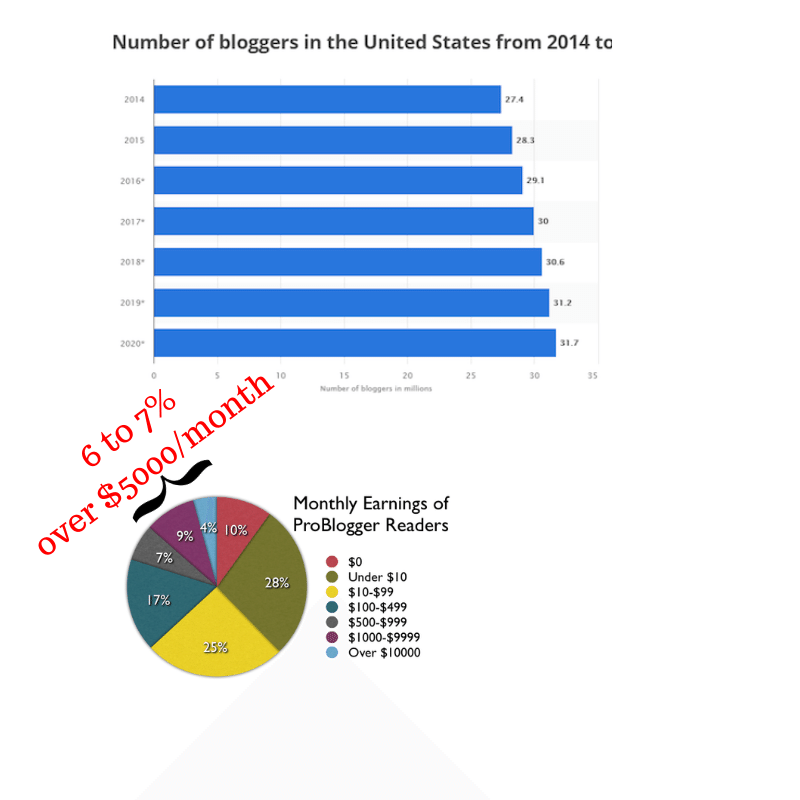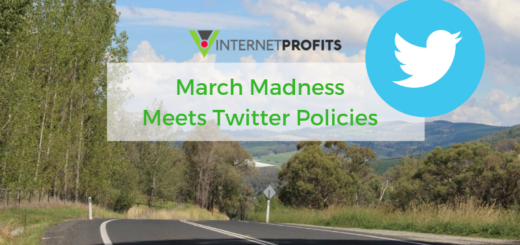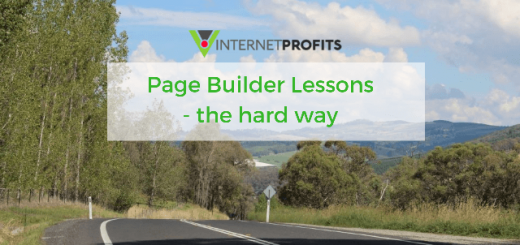Blogging Lessons
I Want to Blog? My Blogging Lessons Applied
A friend posted on Facebook that she wanted to start a blog. “Can anyone recommend a good place to start?” Blogging Lessons time.

I was quick to respond with my two cents worth from my blogging lessons and with an offer to get started.
Best place to start is to write your story in your name – commit to writing stuff once a week. Best advice is to run and own your blog in your own name. I am happy to get you set up and started – all you have to do is commit to writing. I know you have a lot to say and are dying for a voice.
The bigger question is why bother? Isn’t blogging dead?
Now I am the last person to teach you how to be a successful blogger. Maybe I would be better off teaching you how to be an unsuccessful blogger. Here are my blogging lessons – 4 of them.
I have been involved in blogging for some 12 years now – my first personal blog post on Blogger.com was written in August 2007 just as I was embarking on a trip to Europe to cycle Paris-Brest-Paris (PBP), the pinnacle of endurance cycling. Now that is an important date. PBP is run every 4 years and the 2019 edition starts this weekend in Paris (August 18, 2019). The last post on that blog came along in June 2016 – and I only wrote 27 posts = 3 a year.
Lesson 1: Blogging requires consistency.
How do I know? On Steemit.com I just completed by 450th blog post about my investing activity – 3 years of blogging effort = 150 a year = 3 a week. Now I have benefited a lot from doing that. Every trading and investing course I go on says “write a trade journal”. 450 blog posts later I do know that I am a better investor and trader than I was before. Writing down why one does a trade is a strong way to learn from winners and losers. I write down the details that I had in my head at trade time. When I close a trade I go back to what I wrote and review. This helps me with the advice I got from my investing coach “keep doing what is working and stop doing what is not”. And on top of that, Steemit.com is a paid blogging service – I get paid in STEEM, a cryptocurrency, if people like my posts.
Lesson 2: Use blogging to learn and grow
Now the other thing I read about blogging is it helps to write about your passions. I guess this makes it easier to write stuff you know about rather than making stuff up (or copying someone else’s stuff). Cycling is a passion of mine – I ride my bicycle more than I drive my car. I write up a journal for every tour I do – you can find them all (17 of them) on CrazyGuyOnaBike.com. Truth be told, I got the best delight out of the joy my mother and father got out of sharing my journeys as if they were with me. Now I also know that those journals have inspired quite a few of my friends to become keen cyclists and to tackle what they thought was not possible – because I made the challenges real and achievable. Few people would have believed I could cycle across Australia even once – I have done it seven times. 200,000 times someone has read one of my posts there. There you have it. Writing a blog about a tour is easy – describe the day, describe the challenges, tell people what you saw and felt – spice it up with some good photographs. I also have two cycling blogs that have gone nowhere – passion not turned into action. Now I have a bunch of other blogs which I have started over time – on yoga, on drones, on cooking, on bodyweight training, on forex, on Bitcoin, on, on, on, ….. The harsh reality is I could never build the passion to get down and do the writing every day or even every week. I did make progress for a while when I had outsourced the writing on one of them – that got a few more posts written about yoga.
Lesson 3: Use blogging to inspire your readers and/or to help others.
Bringing those 3 lessons together is a compelling enough reason to write a blog. My friend is facing tough choices and has some demons in her story that are in the way of making a breakthrough. She has also shown remarkable strength and resilience – for example, she walked the 127 miles from Liverpool to Leeds a few months ago, to find herself and in support of her favourite charity. She had never done anything like that BUT she had something to prove. That is why I felt she should write a blog. Writing down her fears, thoughts and feelings will help her grow and learn. Sharing her story will inspire other people – she has already done that in the chats she had with people along her canal walk. In September, she is going to make that journey again – this time self supported (camping) on her bicycle. She is doing it for charity. She is doing it for a charity Time To Talk Mental Health UK – click the link on her home page to donate.
Time To Talk Mental Health UK was established in 2017 as a fully confidential social media based peer support group for those who wish to talk about their mental health. We’re run for and by people with mental health conditions aged 18+ and living in the UK.
Is Blogging Dead?
I ran a Google search on Blogging. First thing that struck me was the number of ads at the top of the page. That tells me that blogging is alive and kicking. There are ads for blogging platforms and for blogging courses. Good news. The most frequent question is “do bloggers make money?’ Going one level deeper I followed this search path and came across a very wide disparity of answers. Maybe the question is not the right question. Can one make a standalone living from blogging in 2019? might be a better question.
I always like answering questions like that with data. I found some recent data that says there are 30 million bloggers in USA who are updating a blog post at least once a month. That feels like a lot of competition – nearly 10% of Americans are blogging – still a lot even if the number is half wrong.

Source: Statista.com (2018) and ProBlogger.com (2014)
I struggled to find more recent data on income levels but I did find a 2014 survey suggesting that 13% are making over $1,000 a month and only 4% are making over $10,000. Median household income in USA in January 2019 was $63,688 = $5,000 a month. That suggests to me that no more than 6 or 7% of bloggers are making standalone income from blogging that is above the median.
Lesson 4: You need more motivation than money to be a blogger.
Now this should not stop you. There are two avenues open.
- Be a part time blogger – and progressively build your income streams from blogging until you get into the 6 or 7%. Just avoid what I do = hobby blogging will not cut it
- Do blogging as part of a bigger business idea.
Blogging Lessons For Business
My main Internet marketing business now is as an Internet Profits Certified Partner. My partners ask this question all the time. “Why Blog?” As partners, we have access to a whole funnel of Internet Marketing products, including some big ticket commissions. Our task is simply to find prospects and drive traffic to the funnel and they share all the commissions that are made. All we have to do is focus on getting traffic to the funnel. Where does blogging fit into this?
There are 3 key elements of their suggested business model
- Build and run two traffic models – one organic and free and the other paid
- Build an email list and cultivate a relationship with that list. The truth of any funnel is the warmer the prospects are, the more likely they are to become customers. The follow up sequence is one of the key tools for building a relationship so that prospects Know Like and Trust you as an individual.
- Run a blog also for building that relationship = not only with people on your list but also with people who come along to read the blog.
I have learned the hard way what happens when a social media channel stops your traffic activity – prospect flow goes to a FAT ZERO. I had my Twitter Ads account closed down after 3 months of steadily improving conversions. The beauty of a blog is it can be under your control – all it needs is a domain ($10 to $15 a year) and hosting ($3 to $10 a month) and a blogging platform (mostly free). You own the platform. You own the words. You can post any links you want. It is your world. It is your platform to tell your story and to build your brand. And the chances of having you ad account closed account for sending traffic to your blog are a lot lower.
Best Practice Blogging Lessons
Those are my blogging lessons learned the hard way. There is an easier way – do a search on blogging success and follow the leaders. What do we learn from the leading bloggers about avenues to success – I will cover that in a separate blog post but here are some pointers I found:
- Build your brand: I have my own name as my domain. I registered a new domain for my friend JulesMajor.com
- Focus in on a niche or a topic or tell your story: build a loyal tribe of followers
- Deliver great content (words and pictures to start – video and audio can come later)
- Build traffic (there are a gazillion ways to do this – find one that works with you and in your niche). This is what we are doing in my business
- Build an email list including straight from your blog
- Plan to monetise and start with the easy stuff (affiliate offers)
Credits
“Blogging Word Cloud” (CC BY 2.0) by BitsFromBytes
Blogging statistics from ProBlogger found here https://raelyntan.com/how-much-do-bloggers-make/
Blogging growth statistics found here https://smartblogger.com/make-money-blogging/







hello i want to be able to learn how to blog like you please send me some more info. Thank you, Jon
Thanks for the question. I have a report called Profitable Blogging. You will find it if you pop your email address on this link http://mclnk.com/goto/?297987
A different idea – David Risley runs a really good blog service with lots of free materials. Find it at https://www.blogmarketingacademy.com/